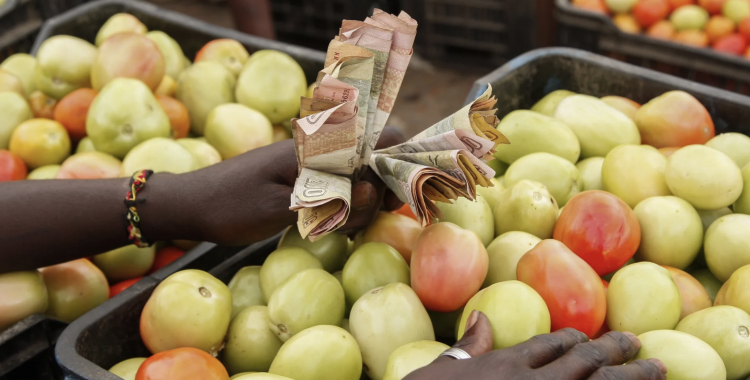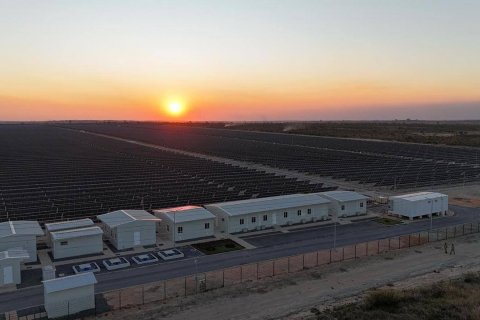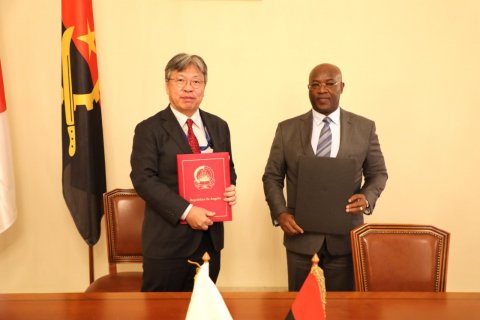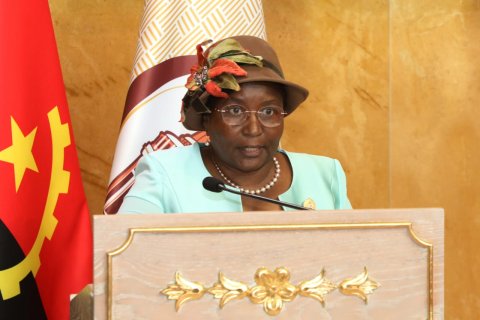"We expect the inflation rate to peak at more than 24 percent at the end of the first half of the year, compared to the same period in 2023, due to the continued effect of the weakening exchange rate on imported consumer goods," reads the comment on the January inflation release, which increases the forecast for price rises this semester by one percentage point.
Inflation accelerated to 21.99 percent in January, the highest value in 18 months and representing an increase of 9.44 percentage points compared to the same month of the previous year, according to the National Statistics Institute.
According to the Quick Information Sheet (FIR), the National Consumer Price Index registered a variation of 2.49 percent between December 2023 and January 2024, the largest in the series made available in the FIR, which covers 36 months (since January 2021).
Monthly inflation has been growing for 15 consecutive months, similar to annual inflation, which has continued to increase since April 2023.
"The strong depreciation of the kwanza since May 2023, with the national currency trading at its worst value of close to 833 kwanzas per dollar, led to a resurgence in food inflation", write the analysts in the comment sent to investors, and the that Lusa had access to.
In addition, they add, "the reduction in fuel price subsidies has started to put pressure on transport inflation, and therefore inflation is at the highest level since July 2022".
According to the African department of British consultancy Oxford Economics, the National Bank of Angola is expected to maintain the official exchange rate at 830 to 845 kwanzas per dollar until the end of this year, with average inflation increasing by 13.6 percent in 2023 to 21.8 percent this year.







